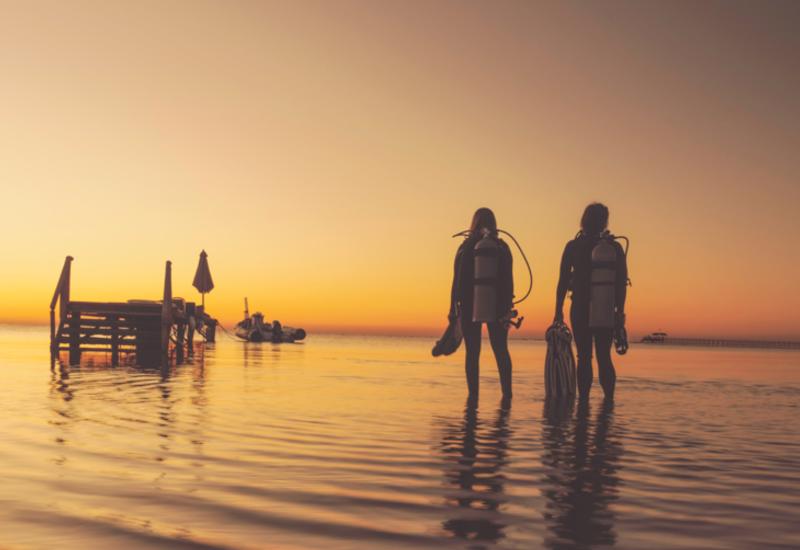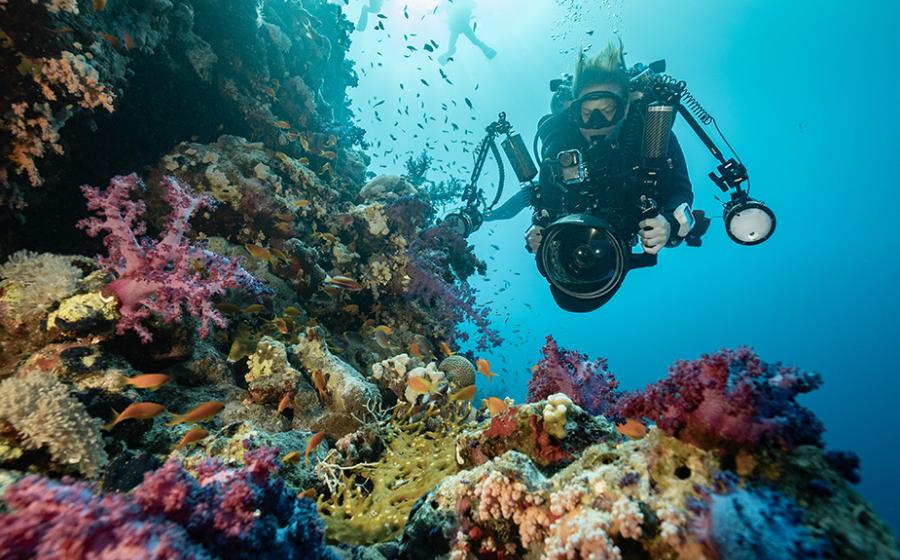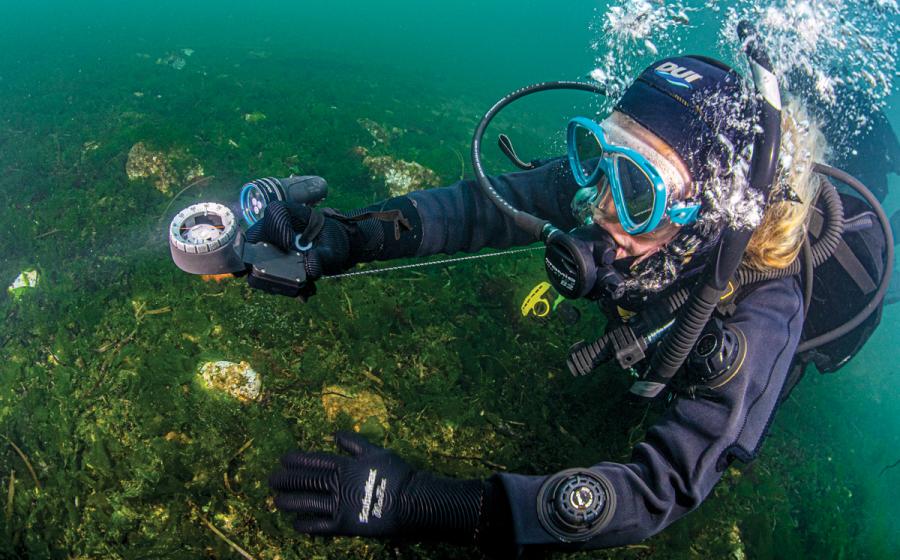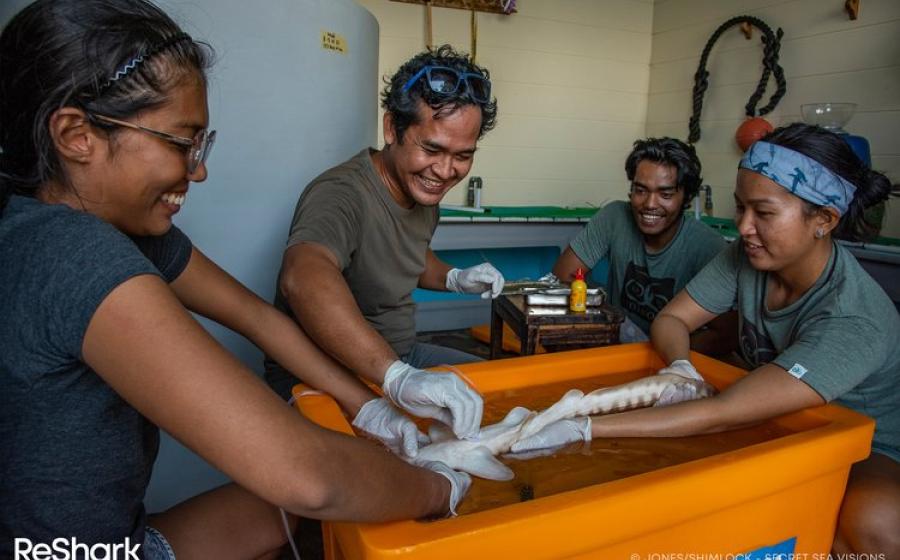Power of One: How to Plan Your Next Scuba Liveaboard, Solo
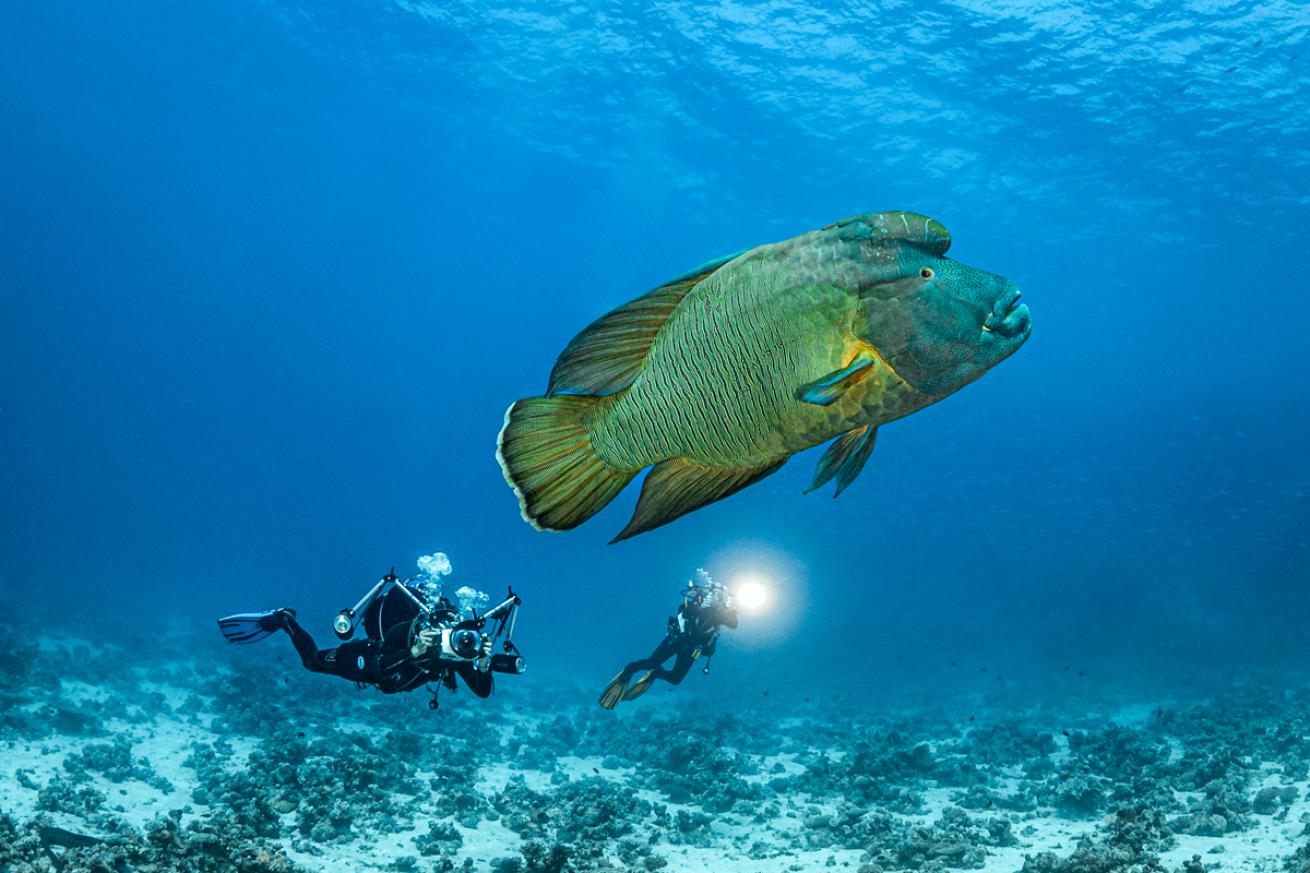
COURTESY ALL STAR LIVEABOARDSYou might just find a lifetime buddy on a liveaboard dive like this one in the Red Sea.
Not having a travel companion shouldn’t stop you from embarking on your next dive adventure. In fact, traveling solo on liveaboards cuts down on cost and date restrictions, putting much more within reach. Besides, going it alone just may change your life.
1. Why Solo
One of the biggest reasons to travel solo? Savings. The more flexible someone can be with the timing of a trip, the more savings can be had.
“One week may be full price, and the next may be 20 percent off,” says Michael Blitch, a Tampa, Florida-based photographer and liveaboard regular.
He’s talking about the fact that, just like hotels and airlines, liveaboards offer the last one or two spots on a trip at a discount. One set of dates may be wide open, and not offering reduced rates, but if a week suddenly fills, save for one spot, that spot is offered at a much cheaper rate that solo travelers can take advantage of. “[As a solo traveler,] it doesn’t matter to me if it’s one week or another,” he says.
Blitch is also a frequent flyer who watches airfare prices on travel deal sites like Going.com, then checks liveaboards in the destination to see if any deals match the travel dates.
He also advocates waiting until the last minute. On more than one occasion, Blitch has called the day before or shown up on the dock hours before departure to see if a last-minute spot is available. “They would rather get another $2,000 or whatever it is than to have that space be empty,” he says.
2. On Roommates
If you don’t share your house or apartment, you might not want to share your dive cabin as a solo traveler— and that’s OK. Many liveaboard companies, like cruise ships, offer the single-supplement option in which a solo passenger pays a portion of the second fare to have the space to themself.
If that’s not an option, bring ear plugs. “Ear plugs are always recommended,” says Kevin Purdy, president of All Star Liveaboards. “There’s always a chance your roommate will snore—or you will, and you can give the ear plugs to them.”
A portable fan is another nice addition, not only to cool the cabin but to add white noise. If all else fails, says Jay Roberts, operations manager with Aggressor Adventures, “Just get to the cabin and go to bed first.”
Related Reading: How to Pack for a Liveaboard Dive Trip
3. Buddy Up
If the idea of asking a stranger to be your dive buddy feels overwhelming, fear not. Liveaboard crewmembers will be happy to help pair you up with another guest based on experience level. However, often this isn’t necessary. “When you are in the Red Sea, Cuba or other locations where diving is done from tenders, you’re already in a group of four to six people, and those groups are assigned by the crew,” explains Purdy.
4. Get Classy
One way to get the most out of traveling without a dive buddy is to take a specialty or certification course on board, which can cost as little as $150.
“When we ask people if they’ve thought about taking a certification, they almost always say, ‘I wasn’t sure if I had enough time,’” says Roberts. “But divers traveling solo probably have a lot of time because they’re not necessarily spending it with anybody else on board.”
Related Reading: 7 Epic Surface Interval Adventures for Liveaboard Divers
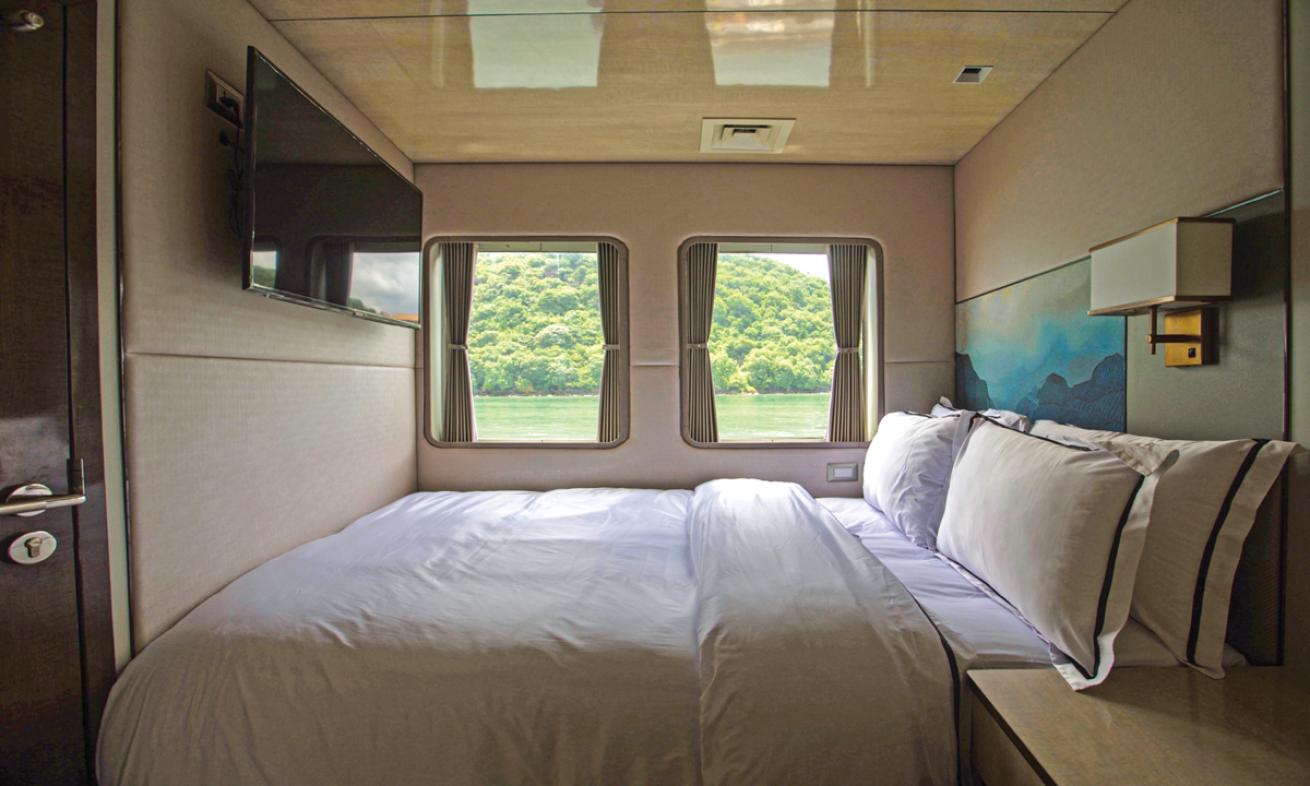
TOBIAS FRIEDRICHThere are options for solo travelers who don’t want to share a cabin.
The best part: During the dives for the class, the student enjoys full access to the instructor as a buddy and guide— which comes with further perks. “The rest of the divers see that this person is trying to become a better diver, and that changes the dynamic,” says Roberts. “All of a sudden, they start saying, ‘Hey, I’ll go with you when you’re not going with an instructor.’”
If you don’t share your house or apartment, you might not want to share your dive cabin as a solo traveler—and that’s OK.
5. Buddies For Life
It’s very common for a solo traveler’s first-ever liveaboard trip to be their last solo trip. During that initiation, they meet buddies or groups on board— and that often leads to connections that extend into future travel. “The next time we see someone, they’re traveling with the folks they met on that first trip,” says Roberts.
6. Last Words
At the end of the dive day, happy hour goes a long way. Most liveaboards offer free beer and wine with dinner, but hard alcohol is rarely included. “You’re always welcome to BYOB,” says Purdy. “It’s a fast way to make friends for sure.”



